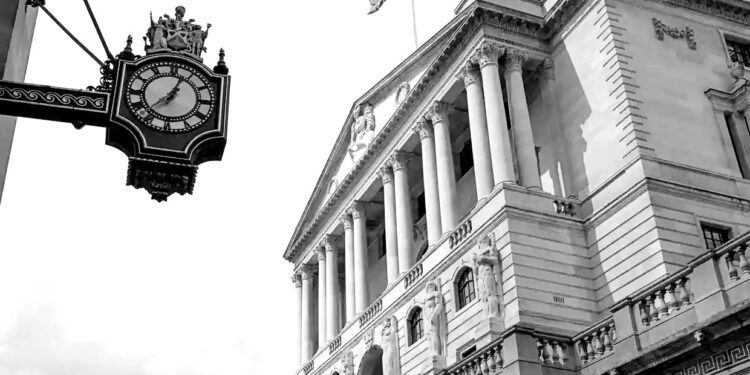The Bank of England has been a cornerstone of the British economy for centuries. It has been a major influence in shaping the financial landscape of the country, and its history is closely intertwined with the history of the United Kingdom.
Imagine a world without the Bank of England. A world without the trusted notes and coins we use today, without the safety of deposits, without the powerful influence of the Bank’s decisions on the economy. This is the world that existed before the Bank of England came into being.
The Bank of England began in 1694, when the government of King William III needed to raise money to finance a war against France. To do so, the government issued a loan worth £1.2 million, which was secured against the Bank of England’s own assets. This enabled the Bank to begin issuing notes and coins, which became the currency of the day.
The Bank of England quickly became a major financial institution in the country. In 1708, the Bank was granted a royal charter, which gave it the power to set interest rates and regulate the banking system. It also gave the Bank a monopoly over the issuance of paper money. This allowed the Bank to become one of the most powerful institutions in the country, with a major influence over the economy.
In the 19th century, the Bank of England was given additional responsibilities, such as controlling the gold standard and issuing government bonds. It also became the lender of last resort, meaning it could provide liquidity to other banks during times of crisis. This gave the Bank an even greater influence over the economy.
The 20th century saw the Bank of England become even more influential. Its role in setting interest rates was expanded, and it became the central bank of the United Kingdom. This meant that it was responsible for managing the country’s money supply, as well as setting monetary policies.
Today, the Bank of England is one of the most influential institutions in the world. Its decisions on interest rates, money supply and other financial matters have a major impact on the economy. It is also responsible for maintaining financial stability in the country, and its influence is felt throughout the world.
The Bank of England has been a major part of the British economy for centuries and its history is closely intertwined with the history of the country. From its humble beginnings in 1694, to its current position as one of the most powerful institutions in the world, the Bank of England has had a major influence on the economy and continues to do so today.
Source: AI/newshub




Recent Comments